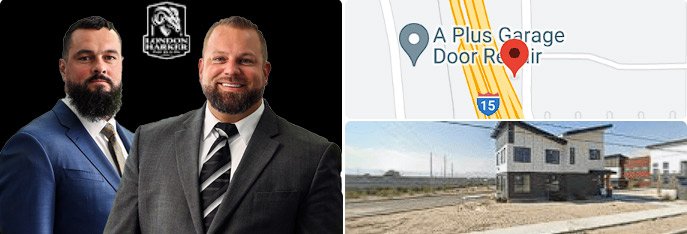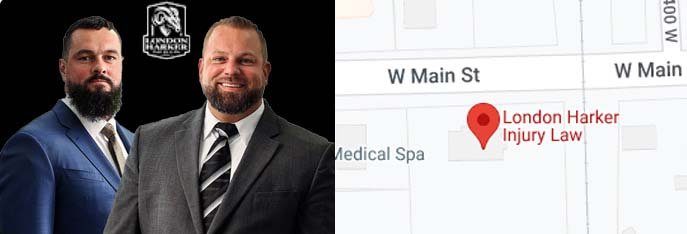Posted on Thursday, May 29th, 2025 at 12:32 am
Losing a loved one due to someone else’s negligence is a devastating experience. In Utah, the law provides a pathway for certain family members or representatives to seek justice through a wrongful death lawsuit. However, these claims are bound by strict deadlines, known as statutes of limitations. Understanding these timeframes is crucial to preserving your legal rights.
What Constitutes Wrongful Death in Utah?
Under Utah Code § 78B-3-106, a wrongful death occurs when a person dies due to the “wrongful act, neglect, or default” of another party. This statute allows the deceased’s heirs or personal representatives to file a lawsuit for damages against the responsible party. For a broader overview of how wrongful death claims work, read our guide: Understanding Wrongful Death Claims in Utah.
General Statute of Limitations for Wrongful Death Claims
In Utah, the general statute of limitations for filing a wrongful death claim is two years from the date of the deceased’s death. Failing to file within this period typically results in the court dismissing the case, barring any recovery of damages.
💡 If your claim is filed too late, you could lose your right to compensation — even in clear-cut cases of negligence. Acting promptly is essential.
Special Considerations for Claims Against Government Entities
If the wrongful death claim is against a government entity or employee, Utah law imposes a shorter timeframe. A notice of claim must be filed within one year from the date of death. This requirement is outlined in Utah Code § 63G-7-402.
Government claims are subject to different rules. Learn more about wrongful death claims and who can file in our guide: Understanding Wrongful Death Claims in Utah
Why Deadlines Matter
Statutes of limitations are strictly enforced. If you miss the deadline, your case may be dismissed, and you will likely be barred from recovering compensation — no matter how strong your claim is.
It’s important to understand the statute of limitations is not a suggestion — it is the law. Speak with a wrongful death attorney in Utah as early as possible to preserve your rights.
Are There Any Exceptions?
While deadlines are rigid, limited exceptions may apply in certain situations:
-
Discovery Rule: If the cause of death wasn’t immediately apparent, the statute may begin when the cause is discovered or should have been discovered with reasonable diligence (e.g., medical malpractice cases).
-
Claims Involving Minors: If the person eligible to file is a minor, the clock may not start until they reach the age of majority.
Exceptions are rare, so it’s best not to assume one applies. Consult an experienced attorney to evaluate your case specifics.
Who Can File a Wrongful Death Lawsuit in Utah?
According to Utah Code § 78B-3-105, the following individuals may file a wrongful death claim:
-
The surviving spouse
-
Children of the deceased
-
Surviving parents (including adoptive parents)
-
Stepchildren under age 18 who were financially dependent on the deceased
-
Other blood relatives as defined by Utah inheritance laws
The personal representative of the deceased’s estate may also file the lawsuit. For more, visit: Understanding Wrongful Death Claims in Utah
What Damages Can You Recover?
A successful wrongful death claim may recover compensation for:
-
Funeral and burial expenses
-
Medical costs related to the deceased’s final injury or illness
-
Loss of income, including potential future earnings
-
Loss of companionship, care, and guidance
-
Emotional distress of surviving family members
-
In some cases, punitive damages to penalize egregious wrongdoing
You can learn more about these damages on our Utah wrongful death page.
Speak With a Utah Wrongful Death Attorney Today at London Harker Injury Law
Navigating a wrongful death case is emotionally overwhelming and legally complex — especially when deadlines are involved. At London Harker Injury Law, our team is here to guide your family through every step of the process. We’ll help you meet critical deadlines, gather evidence, and fight for the justice your loved one deserves.
Don’t wait. Schedule a free consultation today and protect your right to hold the responsible party accountable.



